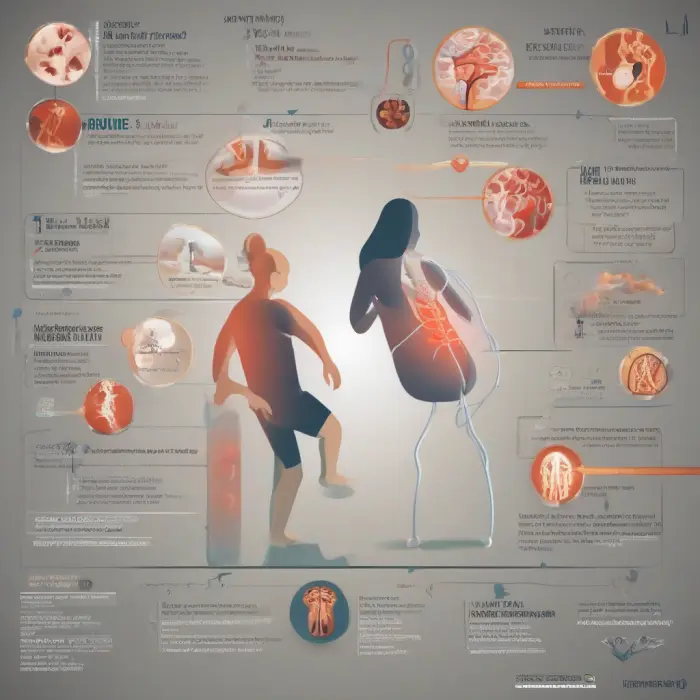The Role of Omega-3 Fatty Acids in Heart and Brain Health
Omega-3 fatty acids are incredibly vital unsaturated fats that offer a multitude of health benefits. They play vital roles in enhancing various bodily functions, especially with reference to heart and brain health. Our body cannot produce them on its own, and hence we need to obtain them from external dietary sources.
The Importance of Omega-3 Fatty Acids
There are three main types of omega-3 fatty acids: Alpha-linolenic acid (ALA), Eicosapentaenoic acid (EPA) and Docosahexaenoic acid (DHA). ALA is primarily obtained from plant foods like flaxseeds, hemp seeds, chia seeds, and walnuts. EPA and DHA are found in certain types of fish like salmon, mackerel, and tuna.
Omega-3 Fatty Acids and Heart Health
Omega-3 fatty acids play an influential role in ensuring heart health. They aid in reducing the risk of developing cardiovascular diseases which are among the prime causes of death globally. The contribution of omega-3 fatty acids to heart health is recognized through their several effects.
Omega-3 fatty acids can lower levels of triglycerides, a type of fat in your blood, by 15–30%, reducing the likelihood of heart disease. They also help in lowering blood pressure levels in individuals with high blood pressure and can increase the levels of good cholesterol in the body.
Furthermore, these fatty acids have anti-inflammatory properties, which can downplay the effect of inflammation on the cardiovascular system. The consistent consumption of omega-3 fatty acids can reduce the risk of stroke and heart failure. They also prevent the formation of dangerous blood clots and maintain the health of arteries and blood vessels.
Omega-3 Fatty Acids and Brain Health
Besides heart health, Omega-3 fatty acids prominently affect brain health. They constitute a significant part of our brain cells, playing a role in the development and functionality of the human brain.
DHA, a type of Omega-3 fatty acid, helps in improving the structure of the brain. It is responsible for the health of cell membranes, which are pivotal for the efficient interaction and communication of brain cells. Hence, DHA is crucial for learning and memory. Studies have shown that an adequate amount of DHA can prevent age-related cognitive decline and dementia.
Further, Omega-3 fatty acids have the potential to act as a mood booster. They have been linked with reducing the symptoms of depression, bipolar disorder, and schizophrenia. One reason for this might be that Omega-3s can easily travel through the brain cell membrane and interact with mood-related molecules inside the brain. They also have anti-inflammatory actions that may help relieve depression.
Conclusion
Therefore, Omega-3 fatty acids present themselves as essential nutrients for our bodies, contributing significantly to our heart and brain health. A diet rich in Omega-3s can have considerable health benefits with reducing the risks of various cardiovascular and neurological conditions. Therefore, including Omega-3s in your diet is definitely a heart-healthy and brain-smart choice.










